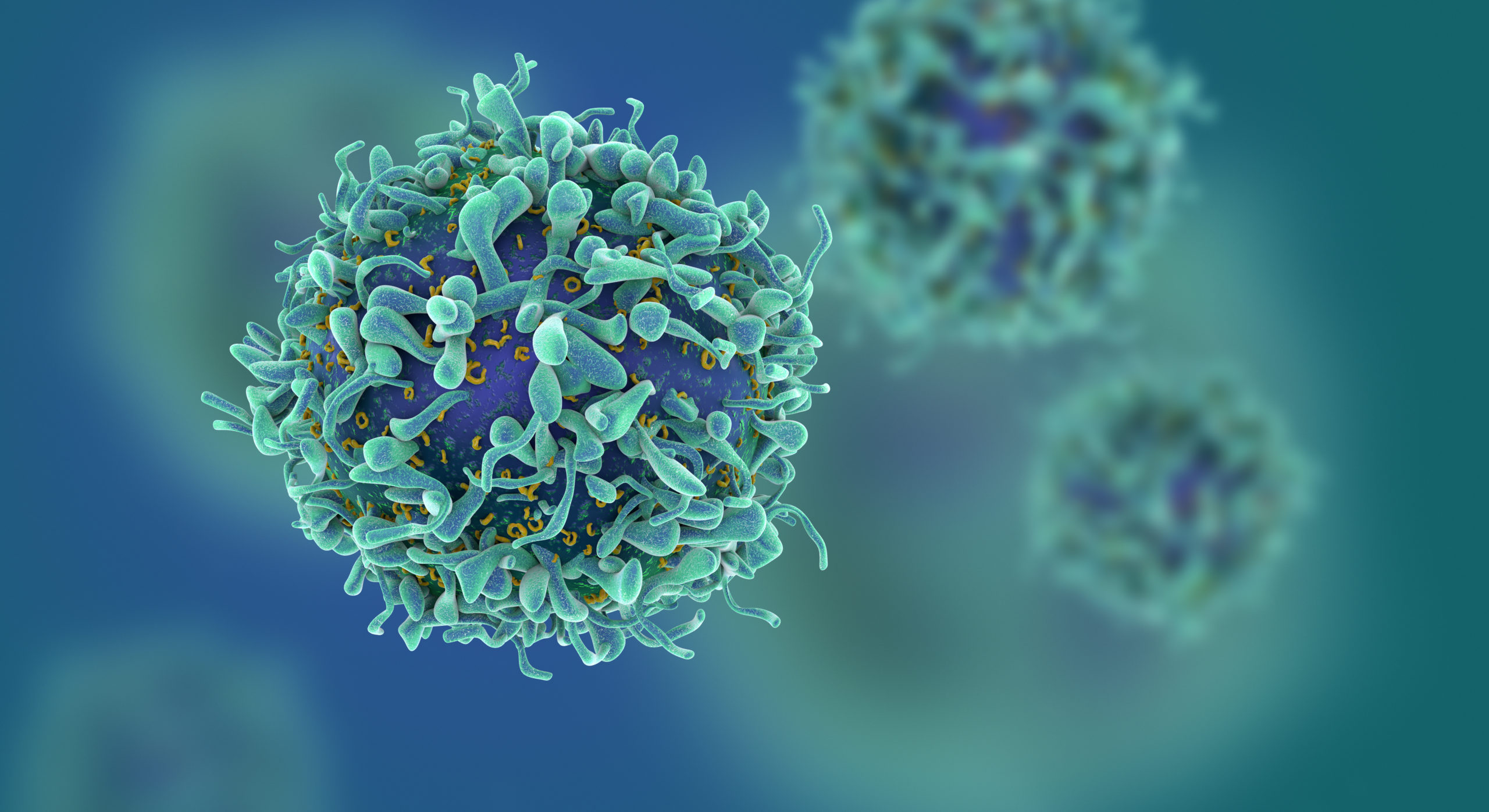Tag: Pathology
-

Novel Biomarker May Predict Immunotherapy Resistance
Northwestern Medicine scientists have identified a novel biomarker for immune immunotherapy resistance in cancer that may also serve as a potential therapeutic target for patients who don’t respond well to immunotherapy, according to a recent study published in The Journal of Clinical Investigation.
-

Molecular Mechanisms Support Long-term Immunity
Scientists in the laboratory of Weiguo Cui, PhD, have identified novel molecular mechanisms that help specialized T-cells maintain long-term immunity in response to chronic infection and cancer, according to recent findings published in Nature Immunology.
-

How a ‘DNA Detangler’ Gene Protects Against Blood Cancer
A new Northwestern Medicine study has revealed how a common inherited mutation disrupts red blood cell development and sparks inflammation that may lead to leukemia, according to findings published in Nature Communications.
-

Targeting Immune Cells to Improve Long-Term Survival in Organ Transplantation
Northwestern Medicine scientists have discovered how a subset of immune cells are essential for successful organ transplantation acceptance, according to a recent study published in The Journal of Clinical Investigation.
-

How a Common Metabolite Worsens Inflammatory Bowel Disease
Northwestern Medicine investigators have identified a surprising culprit in the progression of inflammatory bowel disease, according to a study published in Nature Immunology.
-

Study Establishes Cell Death as a Driving Force in Glioblastoma
Cell death has been found to be a driving factor in glioblastoma progression, according to a Northwestern-Medicine-led study published in the Proceedings of the National Academy of Sciences.
-

Using AI To Analyze Placentas for Faster Detection of Neonatal, Maternal Problems
New research from scientists at Northwestern Medicine and Penn State describes PlacentaVision, a computer program that can analyze a simple photograph of the placenta to detect abnormalities associated with infection and neonatal sepsis.
-

Targeting T-cell Lipid Metabolism May Improve Cancer Immunotherapy
Investigators have discovered that targeting specific mechanisms linked to lipid metabolism in immune cells within tumors may improve response to current and future cancer immunotherapies, according to a recent study published in the journal Immunity.
-

Molecular Profiling May Improve Meningioma Decisionmaking
Investigators have demonstrated how molecular profiling of tumors can be used to help predict treatment response and survival in patients with meningiomas, the most common type of primary brain tumor, according to a recent study published in Nature Medicine.
-

Protein May Hold Key to Transplant Tolerance
Northwestern Medicine investigators have uncovered how a single protein contributes to heart transplant tolerance in mice, according to a study published in the Proceedings of the National Academy of Sciences.






